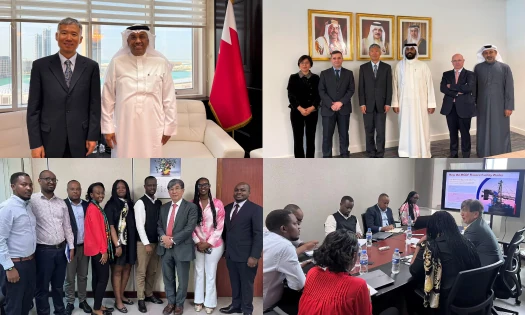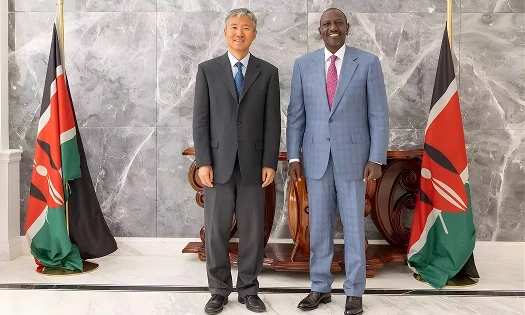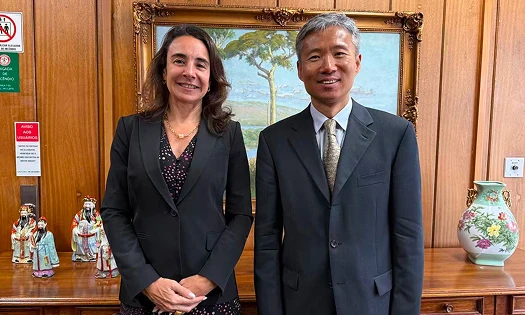Keys to adopting emerging technologies in public-private partnership (PPP) projects to enhance infrastructure performance and sustainability, particularly in the face of climate change, were discussed during the third workshop in the PPP “hot topics” series hosted by the Multilateral Cooperation Center for Development Finance and partners (MCDF) on 27 August.
WATCH THE WORKSHOP VIDEO RECORDINGS
Co-organized with the Egyptian Ministry of Finance, African Development Bank, Asian Development Bank, Public-Private Infrastructure Advisory Facility (PPIAF), World Bank, and World Association of PPP Units and Professionals (WAPPP), the virtual workshop opened by examining rapidly changing infrastructure technologies and how PPP projects can take advantage of them in the evolving market environment.
PPP practitioners, financiers, and other stakeholders explained that bringing new technologies into PPP projects through infrastructure design, maintenance, and services can boost project efficiency, user interaction, and climate resilience, which is crucial in vulnerable developing countries. This entails aligning PPPs, such as wind and solar projects, with climate policies, climate risk screening, carbon emissions tracking, and broader climate performance indicators.
Speakers noted that technological changes in infrastructure services add greater complexity to PPP development. They explained that PPP design must consider the decades-long timeframe of many PPP contracts and the unforeseen technologies that will emerge during this period, as well as the need to incentivize the private sector to take technologically innovative PPP projects forward.
Experts from the World Bank overviewed recent experiences incorporating new technologies for climate mitigation and adaptation in PPP projects. They pointed to examples such as a mini-grid project in Madagascar that leveraged a climate toolkit for infrastructure.
A panel of practitioners from WAPPP, the World Resources Institute, and International Finance Corporation shared related practical experiences. They discussed how Brazilian cities successfully approached public testing of new electric bus technologies, drawing upon user feedback, before launching PPP bidding.
The panelists also discussed case studies from PPIAF’s “Reimagining the Future: Navigating PPPs in an Age of Disruption.” Among these, they considered the United Kingdom Office of Gas and Electricity Markets’ PPP contract targets which emphasize incentives for adopting new technologies and other innovations that can reduce costs and improve services for users.
The panelists spotlighted the importance of ensuring flexibility in PPP projects to accommodate technological change, leveraging technology in PPPs for project screening and preparation, choosing sustainable technologies, and maintaining trust in contracts.
“Designing contracts that encourage the adoption of new technologies and choosing technologies which consider uncertainties and past experiences are critical to the future success of PPP infrastructure projects,” said Ede Ijjasz, MCDF Senior Advisor to the CEO and a moderator of the workshop. “This is particularly the case in the face of climate change risks,” he concluded.
Contact
David Hendrickson
Senior Communications Officer
Mobile: +86 185 0114 6758
david.hendrickson@themcdf.org







